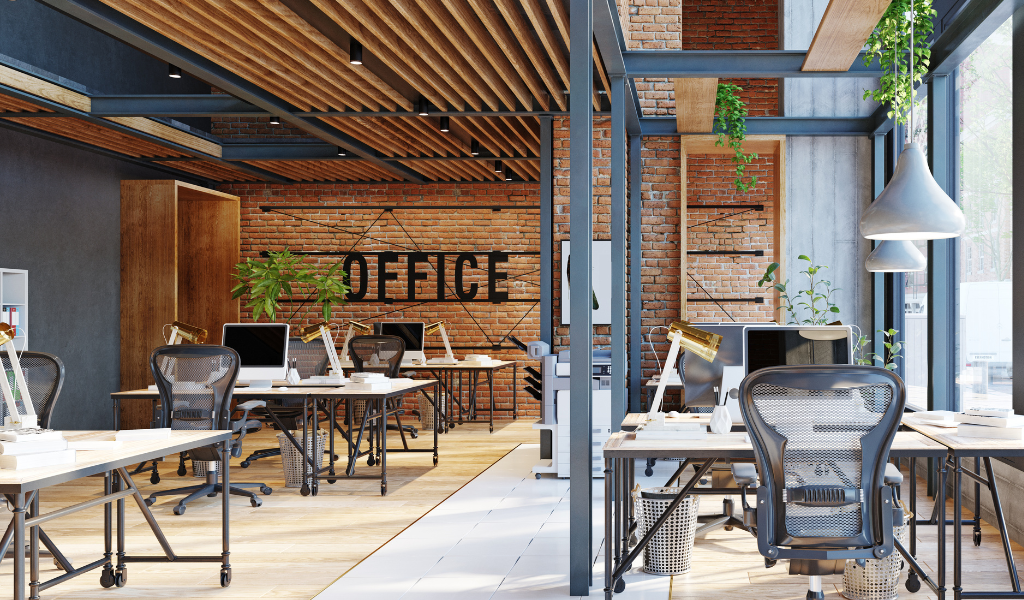In recent years, the way we work has been rapidly evolving, and with it, the technology that supports and enables our work. One area where this is particularly evident is in workspace management solutions. These are software platforms designed to help businesses manage their physical workspaces, including offices, coworking spaces, and other types of shared work environments.
As we look to the future, it’s clear that workspace management solutions will continue to play a critical role in how businesses operate. Here are some of the key trends we can expect to see in this space in the coming years.

Increased Automation
Workspace management software is an application that helps organizations manage their physical workspace. It is a software solution that provides businesses with the tools they need to monitor, track, and optimize their workspace usage. It is used to manage and control various aspects of the workspace such as office space, conference rooms, parking spaces, and more.
The software can be used to manage reservations, track availability, and monitor usage patterns. Workspace management software often integrates with other technologies, such as room scheduling software, IoT sensors, access control systems, and building management systems. These integrations enable the software to provide a holistic view of the workspace and allow organizations to manage their spaces more efficiently.
Integration with Smart Building Technology
As buildings become smarter and more connected, workspace management solutions will need to keep pace. This means that we can expect to see more integration between workspace management software and other smart building technologies, such as HVAC systems, lighting, and security systems.
By integrating with these systems, workspace management solutions can help businesses optimize their use of space, improve energy efficiency, and enhance security.
Increased Focus on Employee Experience
Another trend we can expect to see in workspace management solutions is an increased focus on employee experience. This means that software platforms will be designed with the needs and preferences of employees in mind, rather than just the needs of the business.
For example, we can expect to see more customizable interfaces that allow employees to personalize their workspace and create a more comfortable and productive environment. Employees have more flexibility and could find the best spot they like to work. They could choose to sit by window or in the corner without disturbing. Similarly, we can expect to see more emphasis on wellness and sustainability, with features that encourage healthy habits and reduce environmental impact.
Greater Flexibility and Mobility
As remote work becomes more common, workspace management solutions will need to adapt to support a more flexible and mobile workforce. This means that we can expect to see more mobile apps and cloud-based platforms that allow employees to access their workspace management tools from anywhere.
We can also expect to see more flexible work arrangements, such as hot desking and coworking spaces, which will require software platforms that can handle dynamic scheduling and resource allocation.
Emphasis on Data and Analytics
Finally, as workspace management solutions become more sophisticated, we can expect to see an increased emphasis on data and analytics. This means that software platforms will be able to collect and analyze data on space utilization, employee behavior, and other metrics, providing businesses with valuable insights that can inform decision-making.
For example, by analyzing data on how employees are using different spaces, businesses can optimize their use of space and reduce costs. Similarly, by analyzing data on employee behavior and preferences, businesses can tailor their workspace management solutions to better meet the needs of their workforce.
In conclusion, the future of workspace management solutions is bright, with exciting developments on the horizon. As businesses continue to evolve and adapt to changing work environments, we can expect to see more sophisticated and user-friendly software platforms that enable businesses to optimize their use of space and enhance the employee experience.
